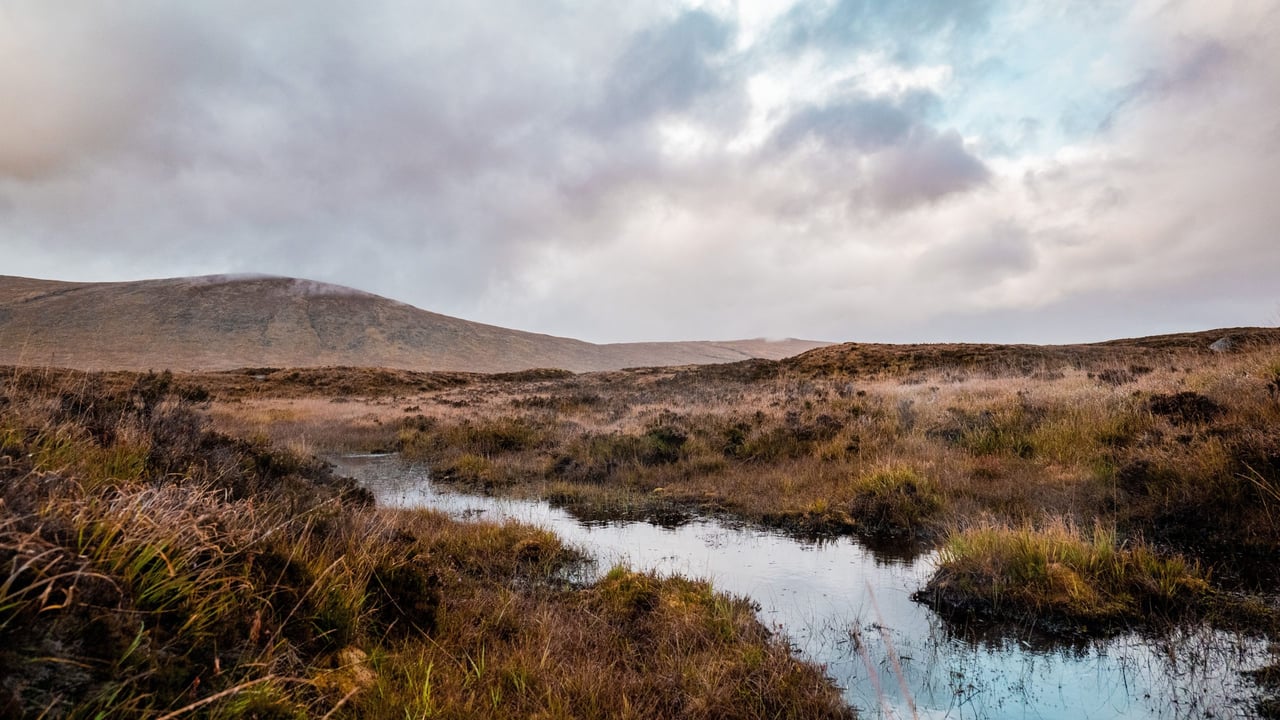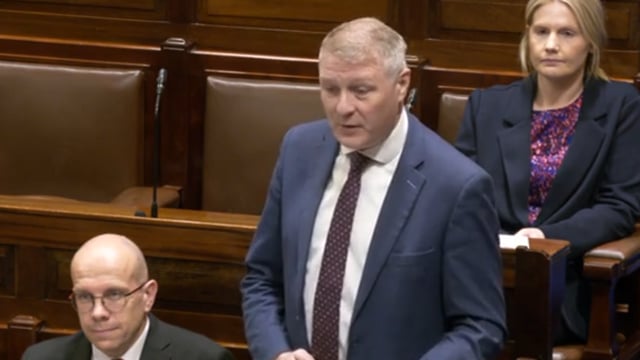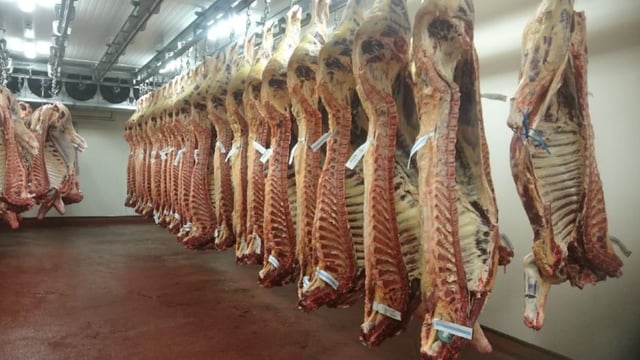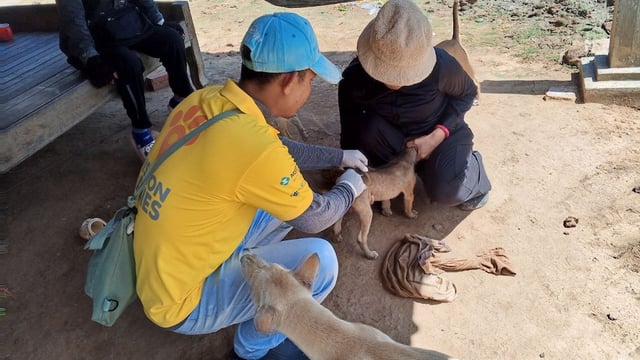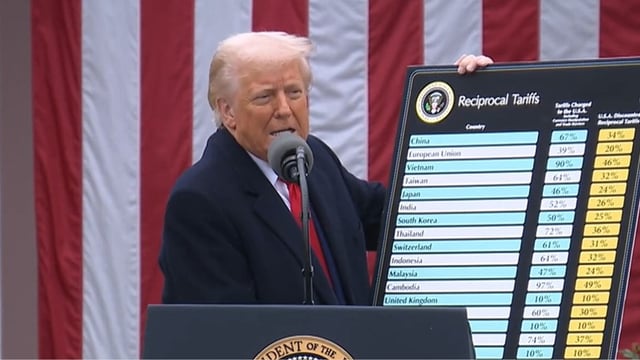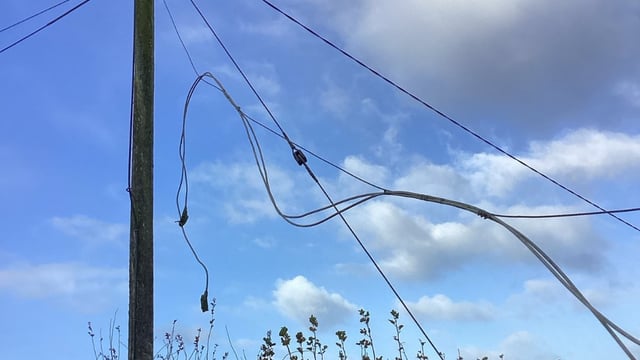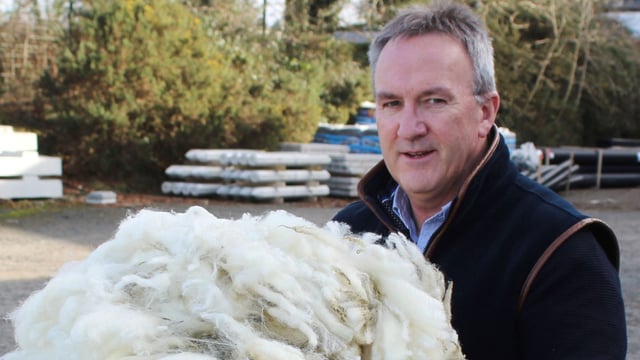Watch: Meet the people who are driving the midlands future on from peat production
As Ireland shifts towards a low-carbon future, many projects across the wider midlands have been working alongside local communities to help them with the economic transition away from commercial peat production.
The EU Just Transition Fest, which took place in Castletown Geoghegan, Co. Longford, served as a day of celebration for these initiatives which have been backed by the EU Just Transition Fund.
Agriland spoke to the project leaders at the event to gain an insight into how the fund is facilitating a greener, more sustainable future for the midlands.
Paludiculture
One of the projects at the event, Peatlands for Prosperity, showcased the financial opportunities available to peatland farmers, such as carbon credits and paludiculture, and the environmental benefits associated with rewetting peat.
The project manager, Douglas McMillan highlighted how raising the water table of peat means it can be transformed into land suitable to grow a wide range of crops, spanning from berries to vegetables, providing a potential income source for farmers.
Additionally, McMillan noted that many environmental issues caused by drained peat, such as carbon emissions and water pollution, become resolved once it is rewetted.
Sphagnum
Following 20 years of traditional peat production, Shane Quinn shared how his family farm has moved towards a more sustainable and carbon-friendly bioeconomy with their pilot project, which is dedicated to farming sphagnum.
The Derrymore Sphagnum Farm, which is located in Co. Longford, cultivates sphagnum moss as a product, which can be used as a potting mix for container gardening, and also allows the bogs to be rehabilitated and their carbon to be sequestered at the same time.
The project currently encompasses an area of 1ha in size, however, Quinn hopes this sustainable bog farming practice can be "replicated across large scale sites" in the future.
Peatlands
Many degraded peatlands and wetlands within the Just Transition area have also been restored by the Tóchar project, which is being spearheaded by Shirley Clerkin.
Clerkin outlined that the project's focus is to strengthen communities across the midlands by repairing natural ecosystems, protecting biodiversity and improving the quality of the local environment.
By restoring peatlands, the initiative aims to facilitate ecosystem services, such as flood control, cleaner water, healthier air and improved habitats for wildlife, plants and pollinators.

